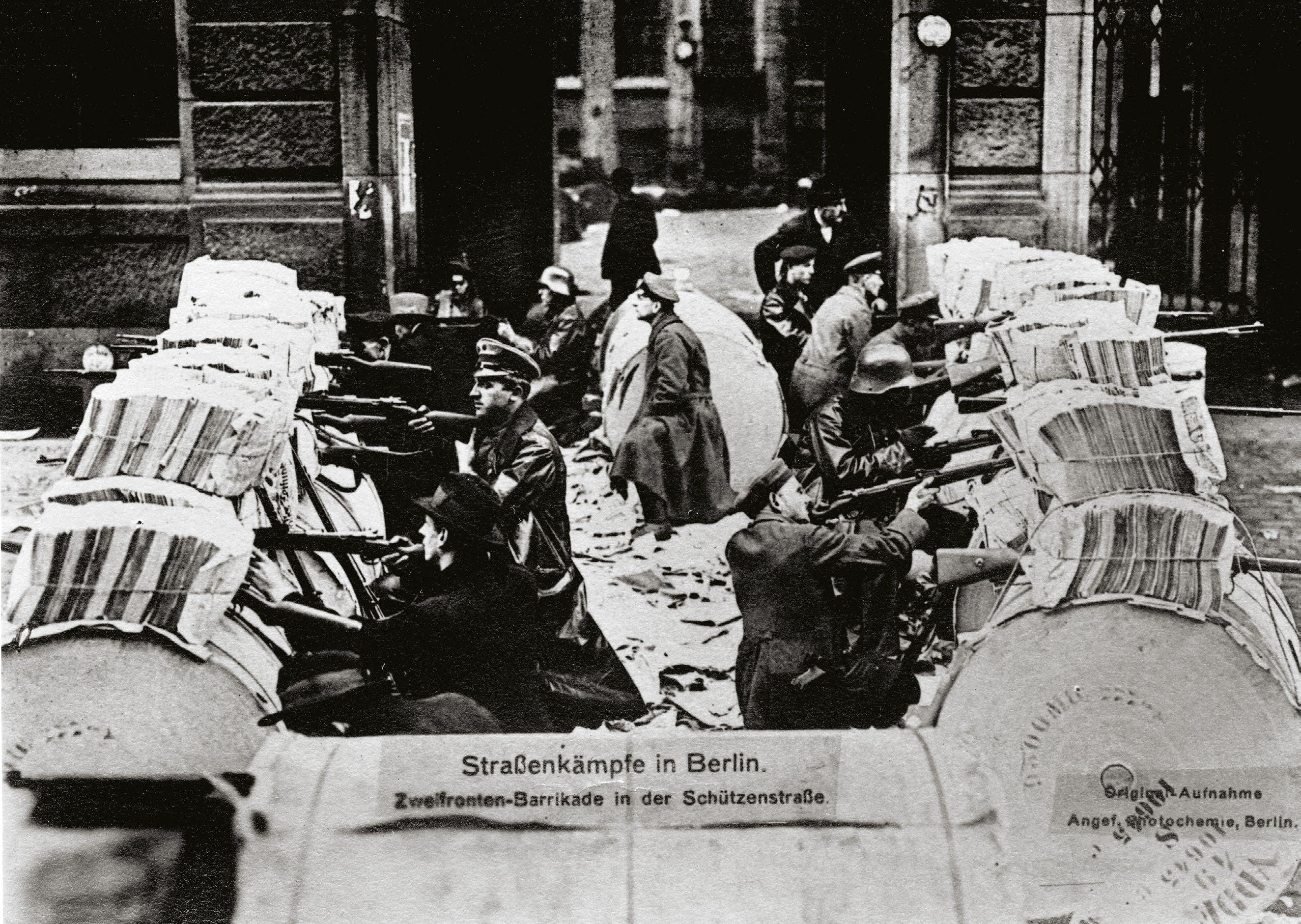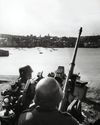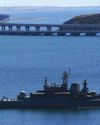Essayer OR - Gratuit
THE SPARTACIST UPRISING
History of War
|Issue 142
The fledgling democratic republic of Germany was forced to immediately fight for its existence against communist insurgents bent on its destruction
-

The day before the end of the First World War, Friedrich Ebert, leader of the Social Democratic Party (SPD), and Hugo Haase, leader of the Independent Social Democratic Party (USPD), established the Council of the People’s Deputies as the new provisional government of a humiliated Germany. It marked the end of Imperial Germany and began the transition to the much-troubled Weimar Republic.
In January the following year, the Communist Party of Germany (KPD) was founded by Rosa Luxemburg and Karl Liebknecht, absorbing the Marxist Spartacist League they’d established in 1914. Luxemburg urged her fellow communists to seek power through elections. However, many preferred a policy of inciting agitation through workers.
In December, sailors of the Volksmarinedivision (People’s Navy Division) took Otto Wels, the military commander in Berlin and member of the SPD, hostage during a dispute over pay. In response, SPD members of the Council of the People’s Deputies instructed Emil Eichhorn, the chief of police in the German capital, to use his men to secure the release of Wels. Eichhorn, himself a member of the USPD, refused. Ebert then turned to the army to use force against the Volksmarinedivision to resolve the matter. What followed became known as the 1918 Christmas Crisis, in which 11 members of the Volksmarinedivision were killed and 56 soldiers also lost their lives.
Cette histoire est tirée de l'édition Issue 142 de History of War.
Abonnez-vous à Magzter GOLD pour accéder à des milliers d'histoires premium sélectionnées et à plus de 9 000 magazines et journaux.
Déjà abonné ? Se connecter
PLUS D'HISTOIRES DE History of War

History of War
BATTLE FOR THE CHANNEL ISLANDS
In 1945, the Allies were ready with a daring amphibious operation to liberate Jersey and Guernsey by force
8 mins
Issue 152

History of War
THE BOYNE
Three crowns were on the line when two kings met in Ireland on a sweltering summer's day
11 mins
Issue 152

History of War
PARIS DAVIS
This pioneering member of the United States Army Special Forces received long-overdue recognition for his heroism rescuing comrades during the Vietnam War
6 mins
Issue 152

History of War
FALL OF THE SPARTANS
The powerful Greek city-state overreached itself and saw its influence decline as it failed to integrate conquered territories
4 mins
Issue 152

History of War
MASTERS OF THE SKIES
From rapidly evolving roles to new technologies, historian and airpower expert John Curatola discusses how fighter planes shaped the Second World War
9 mins
Issue 152

History of War
TEA WITH TRAITORS
A progressive educator celebrated her birthday with a tea party for dissident friends – unaware that a Gestapo informant was among them
9 mins
Issue 152

History of War
CHURCHILL IN THE TRENCHES
How Britain's future war leader earned respect and redemption on the Western Front
13 mins
Issue 152

History of War
"MORE DANGEROUS THAN THE 1950S"
Do we need to relearn the Cold War's fear of mutually assured destruction in our unregulated nuclear landscape?
3 mins
Issue 152

History of War
CRIMEA IN THE CROSSHAIRS
The Black Sea peninsular has been coveted by rival interests for centuries, with the current Russian occupation motivated by several factors
5 mins
Issue 152

History of War
ON THE BRINK
Any conflict between the US and China would almost certainly see the American mainland come under direct attack
3 mins
Issue 152
Listen
Translate
Change font size

